Post
A catch
Save a catch to start your fishing logbook. You will be able to to share it with the community if yo want!
A fishing trip
Post an ad to go fishing with other fishermen
Save a catch to start your fishing logbook. You will be able to to share it with the community if yo want!
Post an ad to go fishing with other fishermen
Share a thought, a question with the community
My favorite cities
×Join our 780 fishermen and our 3 cofishermen in Smythe-s-Green in Essex. The fishing forecast is currently 3.9. The most caught fishes here are the dace fish, the rudd fish, the wels catfish and the ide fish. Come try the most famous fishing techniques like the barracuda trolling, support fishing for black sea bream, throw fishing for royal bream or lead techniques for soft lures to fish bass.
Our fishing forecast of Smythe's Green indicates the best time to go fishing in this city.
The Dace Fish
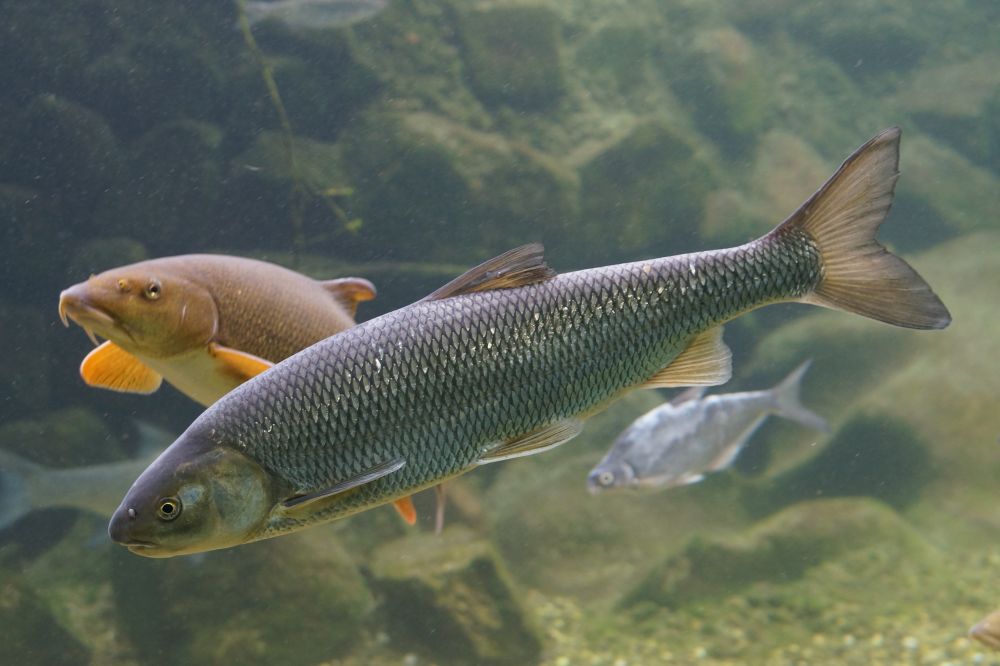
The Dace fish belongs to the Cyprinidae Family. The current size of the dace fish varies between 15 and 20 cm and weighs between 100 and 200 g. However, it can reach a maximum size of 40 cm for a weight of about 1 kg. The life span is usually 10 to 12 years, but it can reach 15 years. The breeding period is from March-April to May-June, depending on latitude. The female's fertility rate is 8,000 to 10,000 oocytes. The dace’s fishing season is open from June to March. This fish has a slender and streamlined body. The head is conical with a small and slightly split mouth, slightly inferior. The eyes are bordered with yellow. Fins are well developed. The caudal is indented, the dorsal fin is grey with 10-11 rays, located in the middle of the back. Pelvic bones are yellow with a concave posterior edge, anal and pectoral fins yellowish to orange. This species is suitable for rapid swimming in rough water. The scales are large (47 to 55 along the lateral line), silver-colored on the sides, greyer and greener dorsally, and white ventrally.
The Dace Fish is a famous fish you can catch in Smythe's Green.The Rudd fish
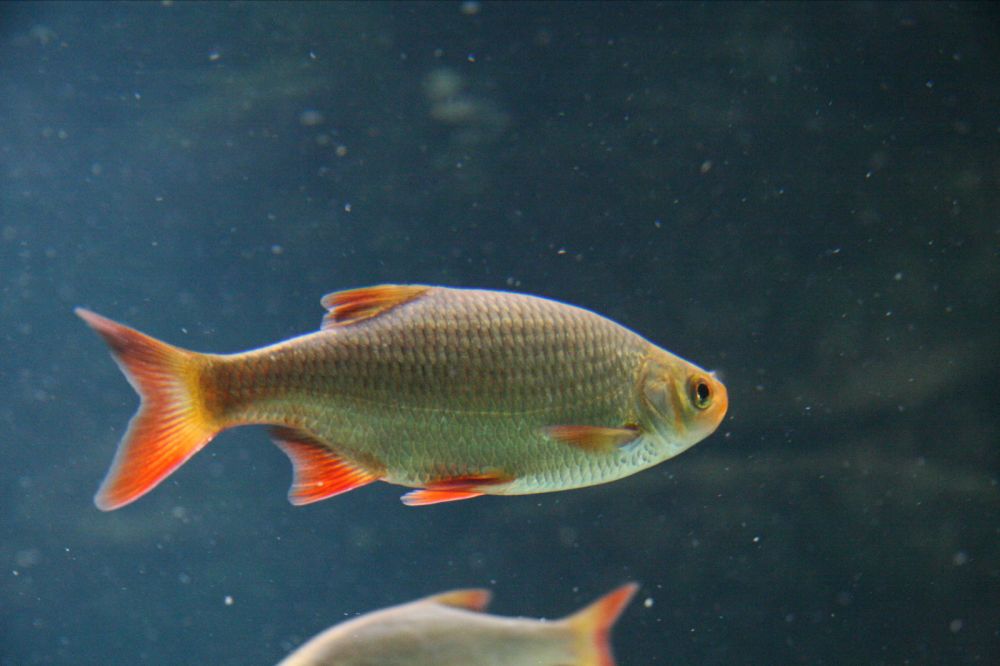
The Rudd fish belongs to the Cyprinidae family. The current size of the rudd fish is 15 to 30 cm for a weight of 0.5 to 1 kg. It can reach nearly 51 cm in height and weigh 2 kg. The rudd fish can live about 17 years. Egg laying is split and takes place from April to June. The female lays 100,000 to 200,000 eggs. Fishing for rudd is allowed all year round. It is easily identifiable by the diver: the silvery appearance of its body. A closer look at the position of the dorsal and ventral fins will then make the difference between the two species. If the ventral fins are placed further forward than the dorsal fin, it is the ratchet. The mouth, small, terminal, opens obliquely upwards. The back of the rattlesnake is brownish green, the sides and belly are silvery. The iris of the eyes is yellow with golden reflections. Dorsal, anal and pelvic fins are bright red in color.
The Rudd fish is a famous fish you can catch in Smythe's Green.The Wels Catfish
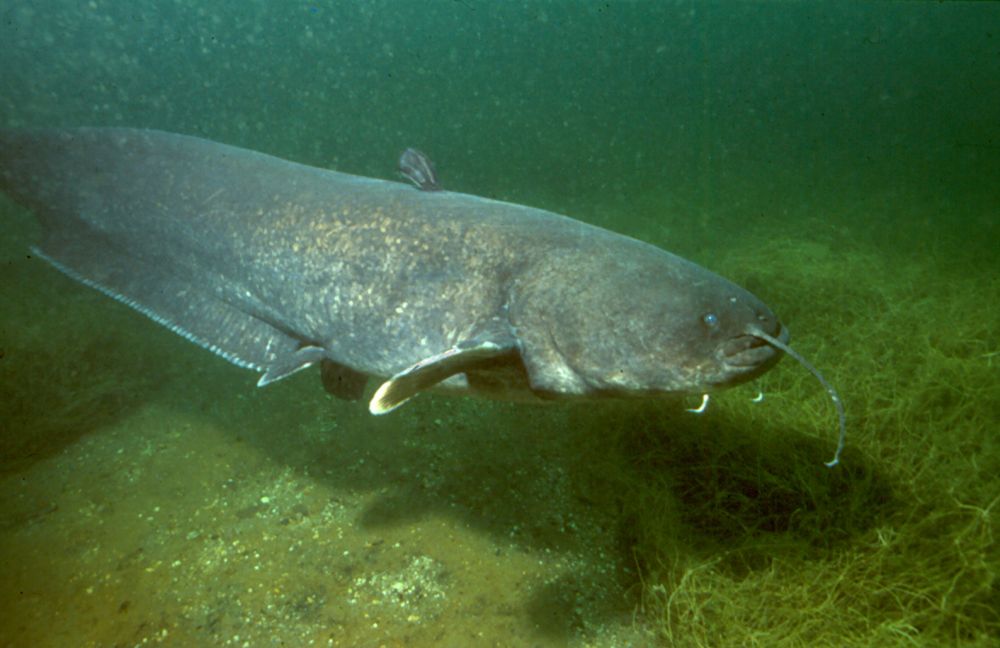
The Wels Catfish belongs to the Siluridae family. The usual size is 1 m for 10 kg but it can reach a maximum of about 5 m for a weight of about 300 kg. The maximum observed longevity is 60 years. It breeds from May to June. The female lays 20,000 to 30,000 eggs per kg of weight. It can be fished all year round. This massive species has a flat, broad head with small eyes and three pairs of barbells. Two pairs not movable on the lower jaw, one longer and movable on the upper jaw. The trunk represents about 1/3 of the animal and has the paired radiated fins and a small rudimentary dorsal fin. The belly is lighter. The posterior part of the body is laterally flattened and has a long anal fin. The tail ends in a homoceric fan-shaped caudal fin. The livery is variable and fluctuates from olive green to grey, both plain and with light spots. The skin is viscous and flake-free. The wels catfish has many small teeth.
The Wels Catfish is a famous fish you can catch in Smythe's Green.The Ide fish
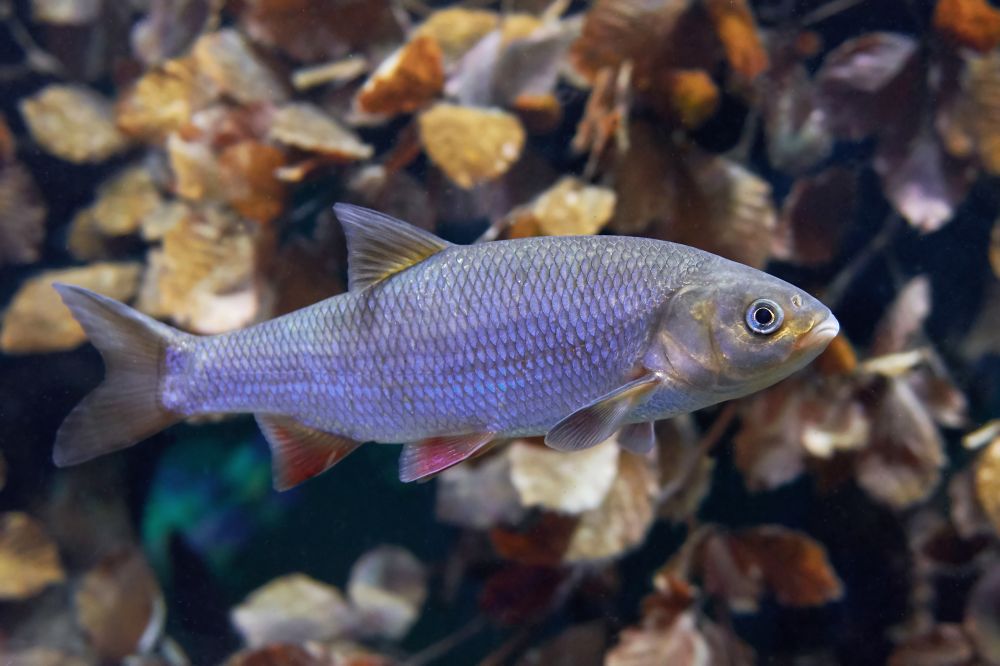
The Ide fish belongs to the Cyprinidae family. Its size is generally between 30 and 50 cm but this fish can reach a maximum length of 80 cm for a weight of 5 kg and an age of nearly 20 years. Spawning takes place from March to April. Females lay between 60,000 and 160,000 eggs. The fishery is open from June to March. The body is long and laterally compressed with a terminal mouth pointing upwards. The head is strong with a small mouth, obtuse snout and yellow eyes. The back is rounded. The anal fin has a concave rear edge. The back and upper part of the head are greyish-green to brown; the yellowish-brown flanks have silvery or golden reflections; the belly is whitish. The fins are dark except for the pelvic, ventral and anal fins which are frankly red. In older and larger specimens, the body color may turn yellow/bronze.
The Ide fish is a famous fish you can catch in Smythe's Green.The Chub fish
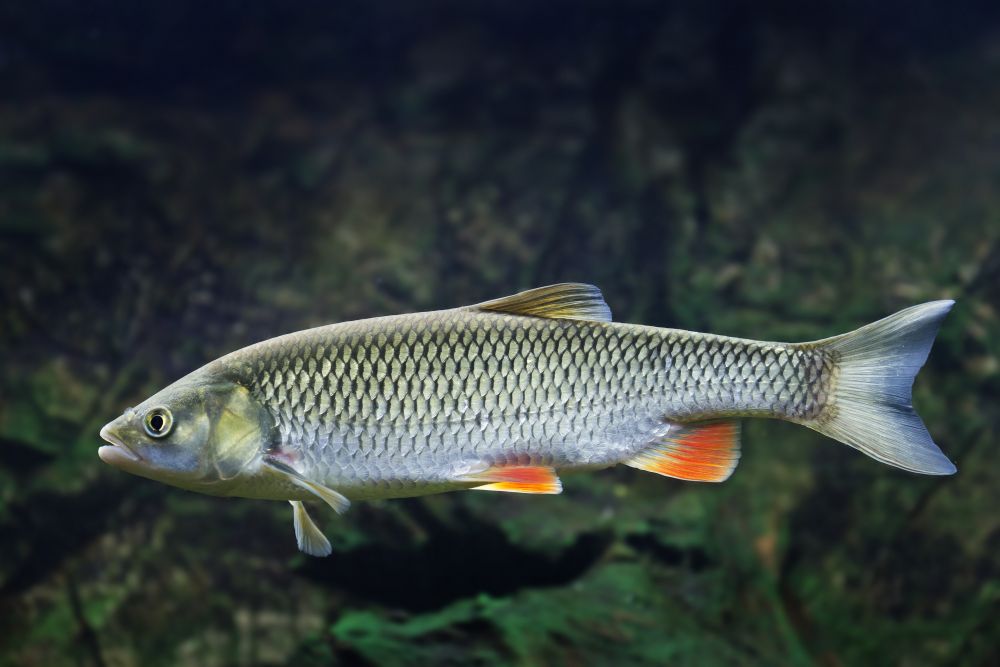
The chub fish belongs to the family of Cyprinidae. The common catch size of the chub fish varies from 15 to 30 cm, but it can reach 80 cm for a weight of 8 kg. The longevity is estimated at about ten years. The reproduction of the chub takes place between April and June. The female lays 20,000 to 100,000 eggs. It can be fished from July to Mars. The body is long and cylindrical with a terminal mouth, pointing upwards, with large lips. The big head has a flat forehead. The large, black-edged scales give it a reticulated appearance. The anal fin has a convex rear edge. The back and upper part of the head are greyish-green to brown in color; the flanks have silvery or even golden highlights; the belly is whitish. The fins are grey except for the bellies and the pale red anal fin.
The Chub fish is a famous fish you can catch in Smythe's Green.Our fishing forecast of Smythe's Green indicates the best time to go fishing in this city.
Our fishing forecast of Smythe's Green indicates the best time to go fishing in this city.
Our fishing forecast of Smythe's Green indicates the best time to go fishing in this city.
